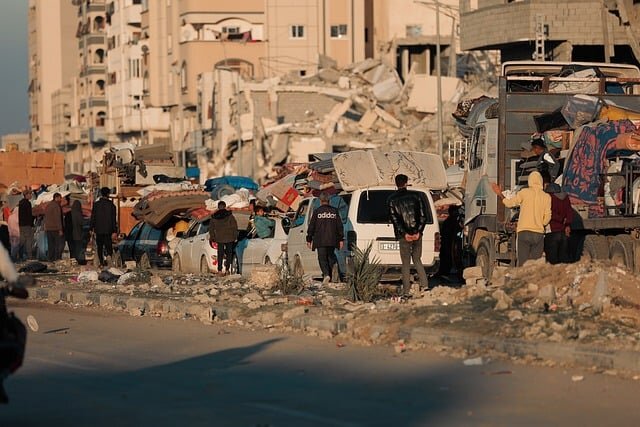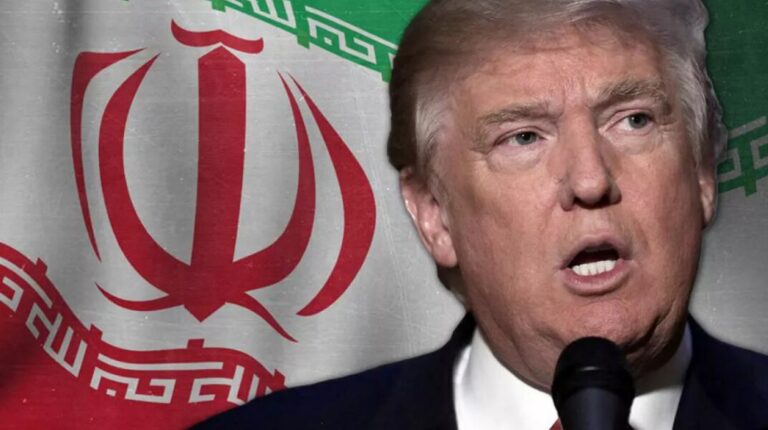Empowering Palestinian Governance: The Key Principle for a Post-War Gaza
The ongoing Gaza crisis has emerged as a significant tragedy in contemporary history, lasting over 16 months and affecting countless lives. No community wishes to endure the devastating consequences of war again. With the recent ceasefire in Gaza, it is crucial that post-war governance in the region is established swiftly and effectively. The proposal for forced relocations by interventionist powers fundamentally undermines the internationally recognized rights of sovereignty, integrity, and security of existence for the Palestinian people. This article explores the implications of these developments and the essential principles guiding the future governance of Gaza.
Post-War Governance and Palestinian Sovereignty
As we approach the year 2025, which marks the 80th anniversary of several significant historical milestones, including the victory in the world anti-Fascist War and the founding of the United Nations, the world order stands at a pivotal moment. Despite the evolution of global affairs, the well-being and dignity of vulnerable populations must remain a priority. The forced relocation and military occupation of Palestinians by external forces challenge the fundamental principles of sovereignty and autonomy.
Key Principles for Post-War Governance
- Respect for Palestinian Sovereignty: Any reconstruction efforts in Gaza must honor the sovereignty and territorial integrity of the Palestinian people.
- Opposition to External Interventions: Governance in Gaza should be determined by the Palestinian people themselves, free from external domination or interference.
Ensuring Internal Reconciliation
China has consistently emphasized the importance of internal unity among the Palestinian factions. Promoting reconciliation through negotiation is seen as essential for establishing a robust national capacity. The recent “Beijing Declaration on Ending Division and Strengthening Unity,” signed by 14 Palestinian factions in 2024, reflects the commitment to internal unity and the realization of a two-state solution.
Strategies for Political Stability
- Political Dialogue: Utilizing constructive discussions to resolve governance distribution within Palestine will enhance the authority of the Palestinian National Authority.
- Learning from Global Experiences: Drawing lessons from other nations’ governance and peacebuilding efforts can strengthen Palestine’s political stability.
The Path Forward: Permanent Ceasefire and Two-State Solution
China’s advocacy for a political resolution to the Palestinian issue is firmly rooted in the two-state solution established by the United Nations. This approach emphasizes the necessity of “Palestinian People Governing Palestine” as a pathway to achieving an independent Palestinian state based on the 1967 borders, with East Jerusalem as its capital.
China’s Role in Promoting Peace
As a proponent of friendship and cooperation, China positions itself as a builder of peace in the Middle East. In contrast to proposals for forcibly relocating Palestinians from Gaza, the principle of “Palestinian People Governing Palestine” remains paramount. This principle not only affirms the Palestinian people’s right to self-determination but also fosters a collective Palestinian identity.
A Call for International Cooperation
In light of rising geopolitical tensions in the Middle East, the principle of “Palestinian People Governing Palestine” not only protects the rights of the Palestinian people but also stands against unilateralism and power politics. The painful memories of war should serve as a catalyst for all parties, including governments, elites, and citizens, to oppose further conflict.
Collective Responsibility
- Balanced Solutions: Major powers and international organizations must collaborate to negotiate fair solutions to the Palestinian-Israeli issue.
- Respect for Palestinian Will: Future governance arrangements must reflect the desires of the Palestinian people, acknowledging Gaza and the West Bank as integral parts of Palestinian territory.
Addressing Post-War Challenges in Gaza
To uphold the principle of “Palestinian People Governing Palestine,” the international community must also tackle the challenges facing Gaza in the aftermath of the conflict. Insufficient funding and humanitarian assistance pose significant barriers to effective governance. A lack of coherent governance strategies may exacerbate the existing humanitarian crisis.
In conclusion, as we move forward, it is crucial for all stakeholders to respect the rights and wishes of the Palestinian people, ensuring that their governance is led by their own voices. This approach not only fosters stability in the region but also strengthens international cooperation aimed at achieving lasting peace.
Dr. ZHANG Yuan, Professor, The Middle East Studies Institute of Shanghai International Studies University, China.






